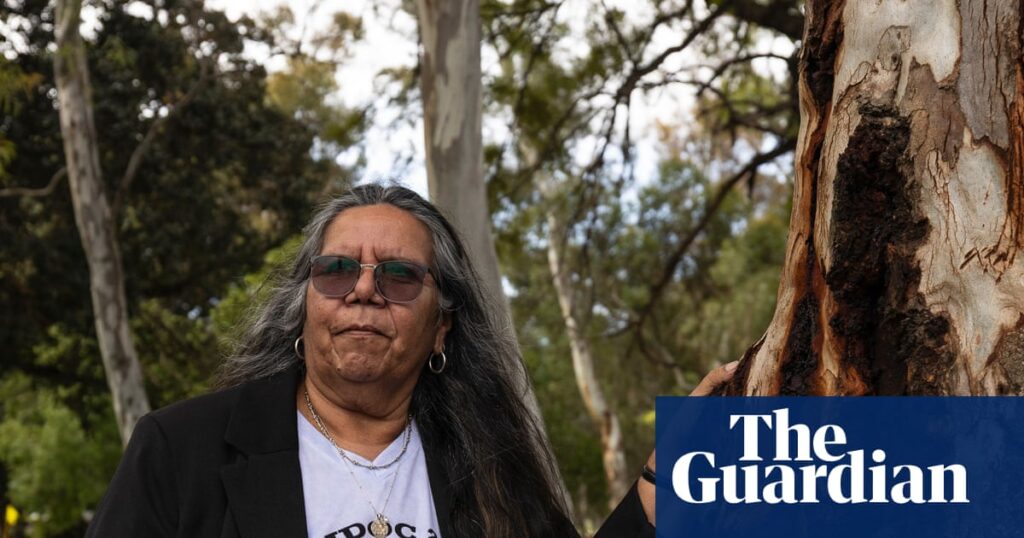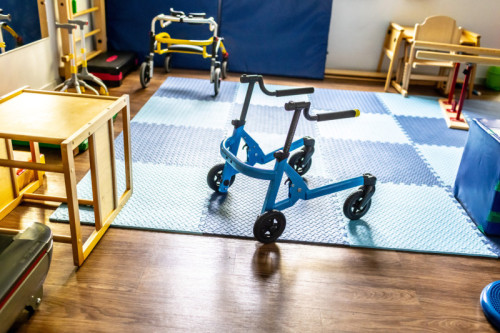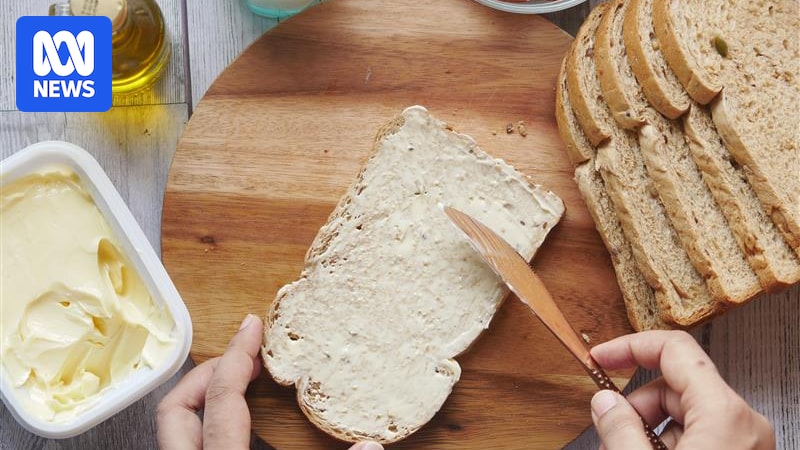
Indigenous elders and native title holders in South Australia have expressed profound distress over the state government’s consideration of disturbing a significant ceremonial and burial site to expand a golf course for the Saudi-backed LIV tournament. The proposed upgrade at the North Adelaide golf course, slated for 2028, has sparked outrage due to its potential impact on the culturally significant Pirltawardli site, a historical gathering place for the Kaurna people.
The state government aims to host the prestigious tournament but faces the challenge of expanding the course, which involves altering areas believed to contain burial sites just 1.5 meters beneath the surface. Academics and Indigenous elders have emphasized the site’s archaeological importance, highlighting its role as a ceremonial precinct and its historical significance in South Australian race relations.
Historical and Cultural Significance of Pirltawardli
Pirltawardli holds a central place in the history of the Kaurna people and South Australia’s race relations. It was once home to an Indigenous language school, a colonial store, and the state’s first Christian mission. Government documents recognize this site’s substantial archaeological record, underscoring its cultural and historical value.
Despite the site’s recognized importance, the government has acknowledged the possibility of disturbing human remains during the course upgrade. A report by the attorney general’s department outlines plans to handle remains that “cannot be avoided,” proposing their removal by an archaeologist. This has intensified concerns among Indigenous leaders and community members.
Community Outrage and Lack of Consultation
Mitzi Nam, chair of the Kaurna Yerta Aboriginal Corporation, expressed deep concern about the lack of formal consultation regarding the course design. “This is really making our community very anxious,” Nam stated, emphasizing the need for greater compassion and understanding of the land’s significance to the Kaurna people.
While a government spokesperson claimed there had been some consultation, including a public meeting, many community members feel their voices have not been adequately heard. Lynette Crocker, chair of the Kaurna Nation Cultural Heritage Association, highlighted the emotional toll of the proposal, noting the historical removal of over 1,500 ancestors from burial sites along the River Torrens.
“It’s not only frustrating, it is demoralizing and shows a total disrespect for Kaurna people and our elders and ancient ones,” Crocker said.
Expert Opinions and Broader Implications
Susan Dixon, a Kaurna custodian and member of the state’s First Nations voice to parliament, emphasized the deep spiritual and historical connection her people have to Pirltawardli. “We wouldn’t knock down Adelaide’s cathedral. We need to honor this parkland,” Dixon remarked, urging the government to recognize the site’s cultural footprint.
Dr. Jenni Caruso, an Eastern Arrente woman and academic at Adelaide University, criticized the proposed disruption, arguing that it undermines the foundations of the state. “Once again, we become disposable, don’t we?” Caruso reflected, highlighting the ongoing marginalization of Indigenous history.
“Our history falls into the bucket of disposables as it doesn’t carry a dollar alignment,” Caruso added.
Economic Considerations and Future Prospects
The state government has cited economic benefits from the LIV tournament, with consultants Vision Insights claiming the event generated $81 million for the state in 2025, attracting 86,000 “visitor nights” from tourists. However, these economic arguments have been met with skepticism by those advocating for the preservation of Pirltawardli.
The City of Adelaide’s reconciliation council has urged the state government to preserve the site, emphasizing the need to respect Kaurna custodianship and ensure cultural continuity. “Any redevelopment must ensure the site is safeguarded, honored, and interpreted in ways that support cultural continuity and broader community understanding,” the council stated in a letter to the government.
As the government prepares to make a decision, the controversy surrounding the golf course upgrade highlights the ongoing tension between economic development and cultural preservation. The outcome will not only impact the Kaurna people but also set a precedent for how Indigenous heritage sites are treated in future development projects.







